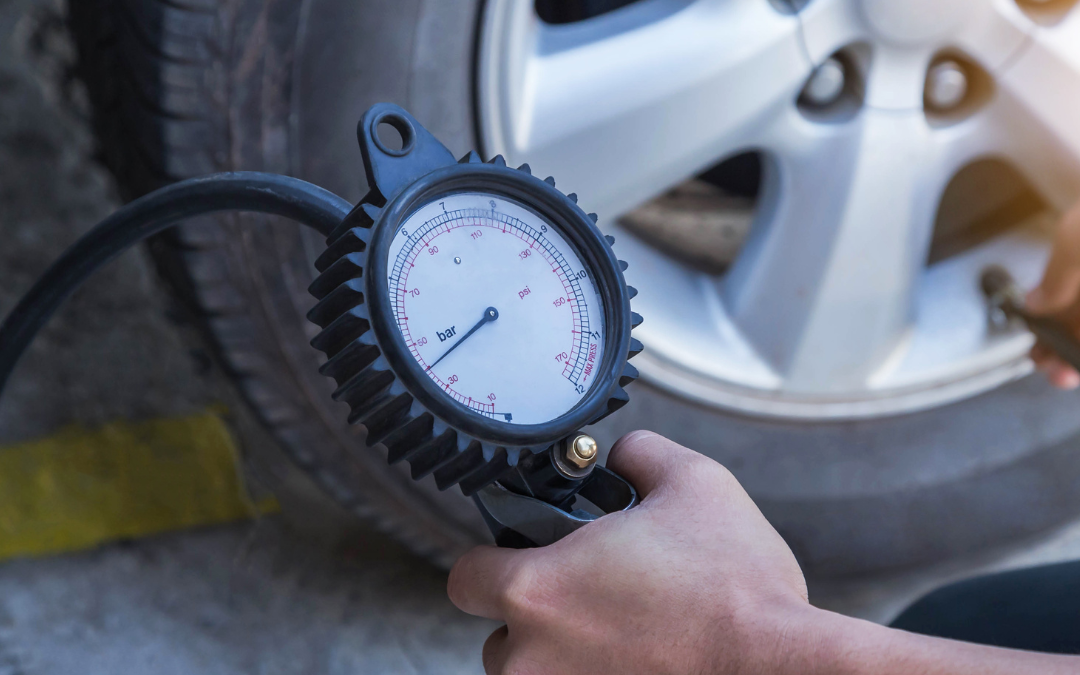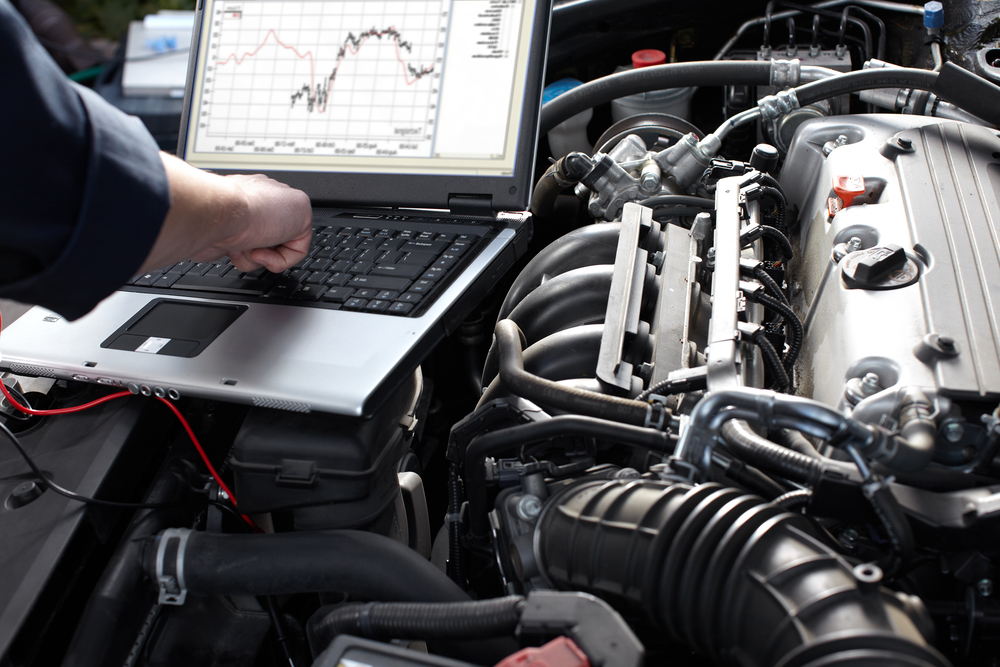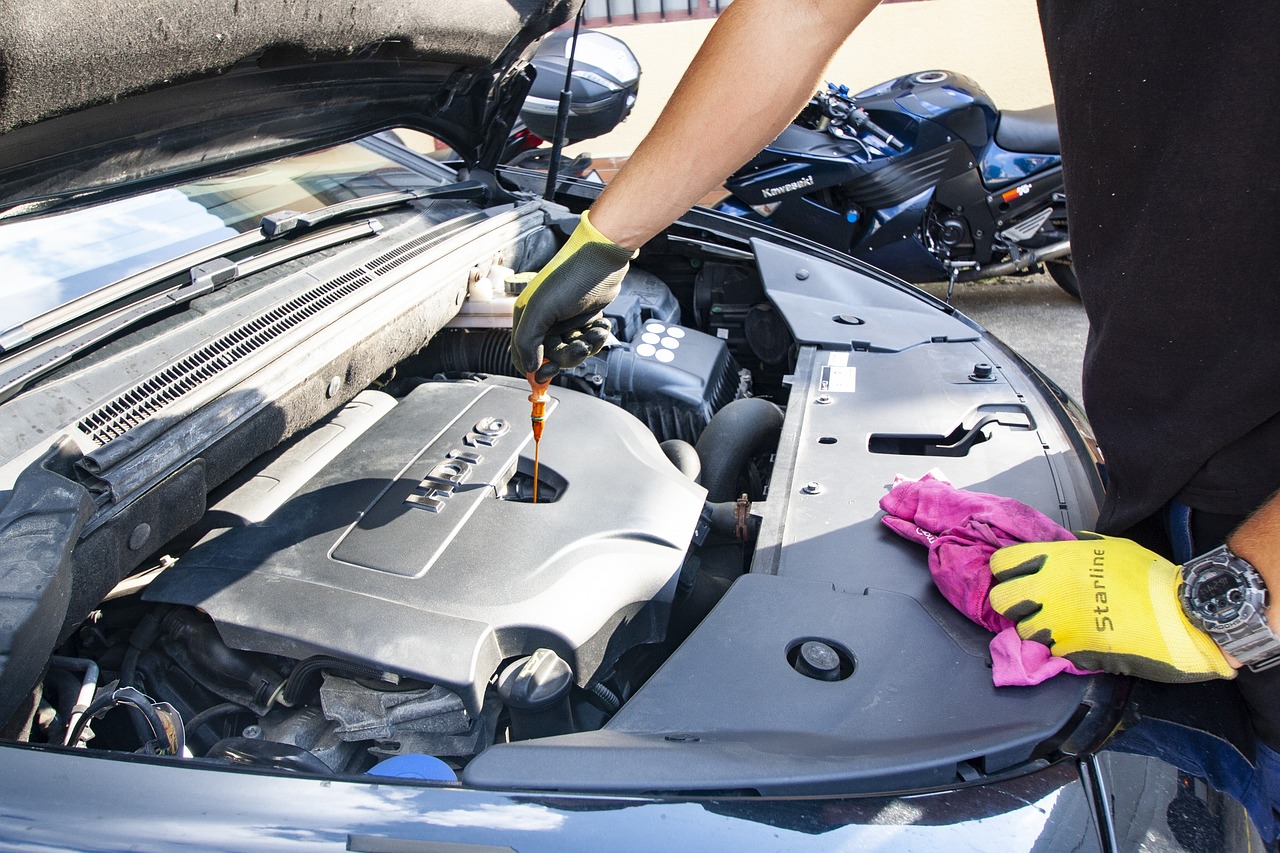As winter descends upon us, it’s important to be aware of the potential risks that low tire pressure can pose to your vehicle’s performance and safety. The cold temperatures can cause a significant drop in tire pressure, leading to traction issues, decreased fuel efficiency, and even potential tire damage. In this blog post, we will delve into the dangers of low tire pressure in the winter months and provide you with practical tips to avoid them.
Cold weather conditions cause the air inside your tires to contract, reducing tire pressure. For every 10-degree drop in temperature, tire pressure can decrease by 1-2 PSI (pounds per square inch). It’s crucial to monitor and maintain the recommended tire pressure levels to ensure optimum performance and safety.
The Dangers of Low Tire Pressure in Winter
- Reduced Traction: Low tire pressure affects your vehicle’s grip on the road, particularly on icy or snow-covered surfaces. This can increase the risk of skidding, sliding, and losing control of your vehicle.
- Decreased Fuel Efficiency: Underinflated tires increase rolling resistance, resulting in decreased fuel efficiency. This means you’ll spend more money on fuel and also harm the environment with increased carbon emissions.
- Tire Damage: Insufficient tire pressure causes the sidewalls to flex excessively, leading to premature tire wear, tread separation, and potential blowouts.
Tips to Avoid Low Tire Pressure in Winter
Regularly Check Tire Pressure
Invest in a reliable tire pressure gauge and check your tire pressure at least once a month, especially during the winter. Follow the recommended pressure levels provided by your vehicle manufacturer.
Inflate Tires Properly
If you notice that your tire pressure is low, inflate them to the recommended levels as specified by your vehicle’s manual or the sticker found on the driver’s side doorjamb.
Consider Winter Tires
Winter tires are specifically designed to perform better in cold weather conditions. They have deeper treads and better traction on snow and ice, reducing the chances of low tire pressure-related issues.
Regular Tire Maintenance
Ensure your tires are properly balanced, rotated, and aligned. Misaligned tires can lead to uneven wear and decrease tire pressure over time.
Maintaining proper tire pressure during the winter months is crucial for safer driving, improved fuel efficiency, and increased tire lifespan. By understanding the impact of cold weather on your tire pressure and implementing the tips mentioned above, you can avoid the dangers associated with low tire pressure. Regular tire maintenance and monitoring will go a long way in ensuring your safety and the overall performance of your vehicle, even in the most challenging winter conditions.
Remember, if you need assistance with your tire pressure or other winter car care needs, Auto Works Service Center in Woodbury is here to help. Schedule an appointment today to keep your vehicle safe and reliable throughout the winter season.





